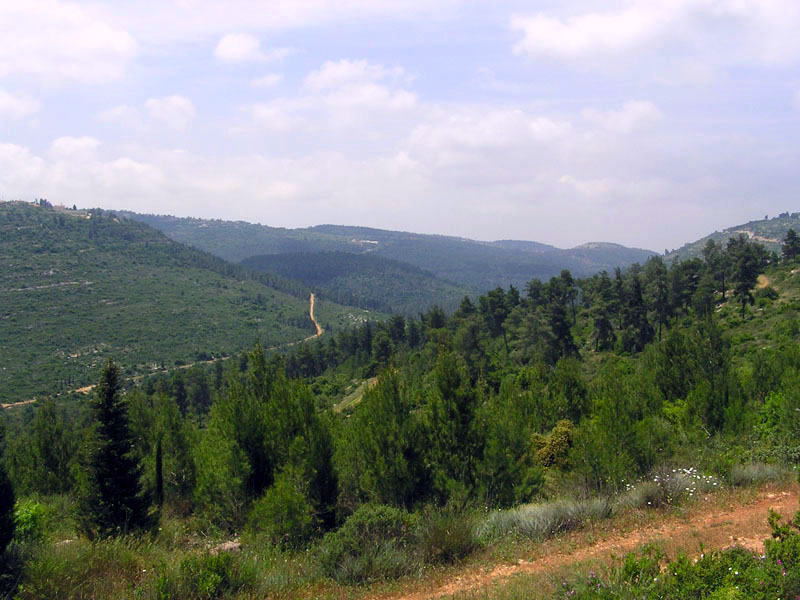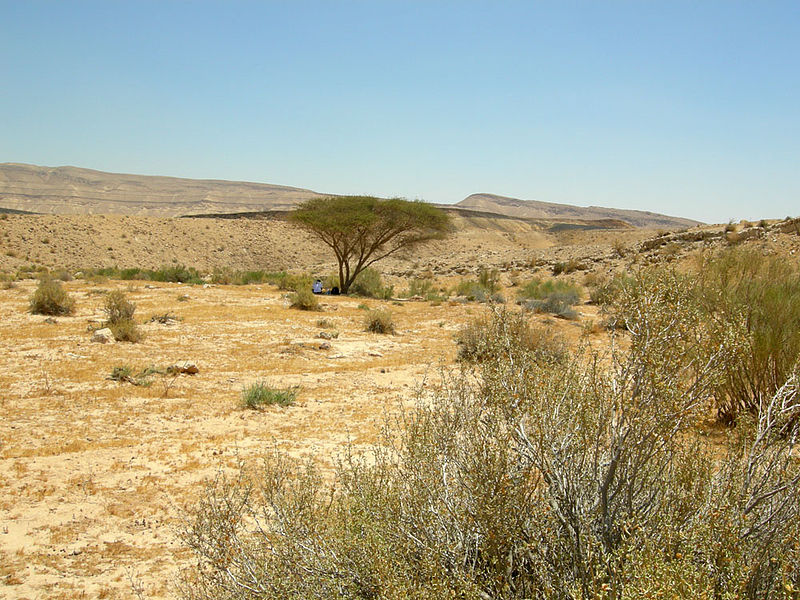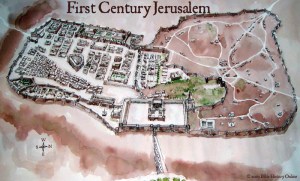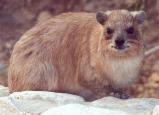Jerusalem! part 1: The Land. Israel’s biodiversity, geography, & wildlife
Jerusalem! Introduction Jerusalem! Part 3, Its glorious spiritual future
Jerusalem! Part 2, The Nation
~~~~~~~~~~~~~~~~~~~~~~
It all begins and ends with Jerusalem.
Actually let’s back up a bit. It all begins and ends with God.
Before the foundation of the world, God determined in His mind and His heart to select a people for Himself to have fellowship with, to produce the Messiah through them, and for them to spread the news of a Savior to the world. (Deuteronomy 7:6). And so began the creation of worlds, and His creation of people. (Genesis 1).
However, simply because the Jews were chosen, did not mean they would be exempt from living out God’s holy standards. We know from much of the Old Testament, that they didn’t.
“You only have I known among all the families of the earth; Therefore I will punish you for all your wrongdoing.” (Amos 3:2)
Out of the dispersed descendants of the builders of Babel, God called one man, Abram, with whom He enters into covenant. Some of the promises to Abram and his descendants were purely gracious and unconditional. These either have been or will yet be literally fulfilled. Other promises were conditional upon the faithfulness and obedience of the Israelites. Israel utterly failed.
The LORD made a promise to Abram, found in Genesis 12, telling Abram that the LORD chose Israel to be His nation and the Israelites to be His people.
Now the Lord had said to Abram: Get out of your country, from your family and from your father’s house, to a land that I will show you. I will make you a great nation; I will bless you and make your name great; and you shall be a blessing. I will bless those who bless you, and I will curse him who curses you; and in you all the families of the earth shall be blessed.” (Genesis 12:1-3).
God was actually delivering three distinct promises to Abram, later re-named Abraham.
He made a land promise, a national promise and a spiritual promise.
1. The Land Promise: “A land that I will show you.”
“He also said to him, “I am the LORD, who brought you out of Ur of the Chaldeans to give you this land to take possession of it.” (Genesis 15:7). Genesis 15:18-21 describes the boundary of the promised land in terms of the territory of various ancient peoples:
“On that day the LORD made a covenant with Abram and said, “To your descendants I give this land, from the river of Egypt to the great river, the Euphrates – the land of the Kenites, Kenizzites, Kadmonites, Hittites, Perizzites, Rephaites, Amorites, Canaanites, Girgashites and Jebusites.”
This land promise has never been fulfilled. The land that God promised His people the Israelites is very extensive. It would encompass all of today’s Syria, Jordan, Lebanon, Gaza, part of Iraq to the Euphrates & Tigris, the Nile Delta of Egypt, and part of Saudi Arabia.
Ancient maps placed Jerusalem in the center of the page. They knew that Jerusalem is God’s city and is the fulcrum of history, the axle of the wheel, and the center of the world stage. In the Jewish tradition, the Ark in the Temple in Jerusalem, through which God revealed himself to His people, rested on the Foundation stone marking the “navel of world” (‘omphalos’).
Ezekiel 5:5, “This is Jerusalem; I have set her at the center of the nations.“
And what of this land? What is it like? It is wonderful! From deserts of the southern Negev to the snow-capped mountains to the north, to the 270 miles of coastline along the Mediterranean and to the frontier at the east, it is a diverse land.




The wildlife of Israel includes the flora and fauna of Israel, which is extremely diverse due to the country’s location between the temperate and the tropical zones, bordering the Mediterranean Sea in the west and the desert in the east. (Wiki: Wildlife of Israel)
God called it a land flowing with milk and honey. (Exodus 3:8). A land with abundant milk means that it had abundant grasslands and pastures upon which the grassy lands could support abundant cattle (or goats). I have read in several Jewish commentaries that the honey is not bee nectar but the syrup one extracts from dates or figs. Either bee of fig, it evokes the same sense of abundance, this time from luch and growing vegetation.
According to Israel Birding website, “Israel is situated at an intercontinental junction- a bottleneck for migration routes. An estimated 500 million (!!) birds pass through every spring and autumn, with 530 species in record.”
The bird migration bottlenecks over Israel because when the migrating birds of Europe migrate, there’s the Mediterranean to the west and the Black Sea to the east. Every migration south or north they fly over Israel. There are so many flocks and Israeli aviation and military planes had so many bird strikes that the Israelis developed special radar to avoid downed planes from bird flocks.
“Israel’s climate varies from semi-arid to temperate to subtropical. The region is home to a variety of plants and animals; at least 47,000 living species have been identified, with another 4,000 assumed to exist. 116 species of mammals are native to Israel, as well as 511 bird species, 97 reptile species, and seven amphibian species. There are also an estimated 2,780 plant species. There are insects belonging to roughly 27 orders in Israel, out of about 29 worldwide“. (biodiversity in Israel).
So the landforms, birds, insects, and now mammals are extremely abundant and diverse. Incredible since Israel is only the size of New Jersey.
From Nature Israel, “From ancient times Israel’s native mammals have had an important role in Jewish culture, featuring in colourful biblical metaphors and prophecies, as symbols of the tribes of Israel or discussed at length in the dietary codes so central to the Jewish culinary tradition. The young David battles a bear and a lion, and Samson struggles with a juvenile lion. Torah scrolls are written on parchment from deer or antelope skins, the Jewish New Year is commemorated by blowing on the ram’s horn and the very Land of Israel itself is described as the “Land of the Gazelle”.
Song of Solomon 8:14 mentions the gazelle in terms of its speed. One of the sons of Zeruiah was compared to the speed of a gazelle in 2 Samuel 2:18.
Sadly (or not sadly for the locals…) the lions and bears are now extinct, but most of Israel’s native mammals familiar from the Bible and folklore remain – the jackal and the gazelle, the rock hyrax and the ibex, the wolf and the leopard, the wild boar and the hare.
Psalm 104 mentions many different kinds of vegetation, birds, and mammals of Israel.
“mountains are for the wild goats; the rocks are a refuge for the rock badgers.” (Psalm 104:18). Proverbs 30:24 says the following animals are ‘exceedingly wise’ and the hyrax, or rock badger, is one of those, “the rock badgers are a people not mighty, yet they make their homes in the cliffs;” (Proverbs 30:26). (Above, rock badger)
As mentioned, Lions and cheetahs are now extinct in Israel, but imagine young David, armed only with a slingshot, guarding his flock against wolves, lions, bears, leopards, and cheetahs. Not to mention hyenas and jackals. Leopards still exist in Israel today, as do other wild felines including caracals (a kind of lynx), bog cats and wild cats.
Bears are mentioned in 2 Kings 2:24 as animals that came out of the woods and tore up 42 youths who were mocking Elisha. Of course the lion is prominent in fact and in metaphor in the Land. Proverbs 30:30 says of the lion, “the lion, which is mightiest among beasts and does not turn back before any;“. The LORD used lions as a judgment when Assyrians settled in the Land and did not worship the LORD. (2 Kings 17:25).
The Lord has blessed His land with biodiversity, geographical diversity, a wondrous climate, and beautiful flora and fauna of all kinds. After the restoration when the curse is reversed, it will finally be all that He intends it to be, His city, His dwelling, named “The Lord is there” (Ezekiel 48:35. (Jehovah Shammah!)
Further Reading








